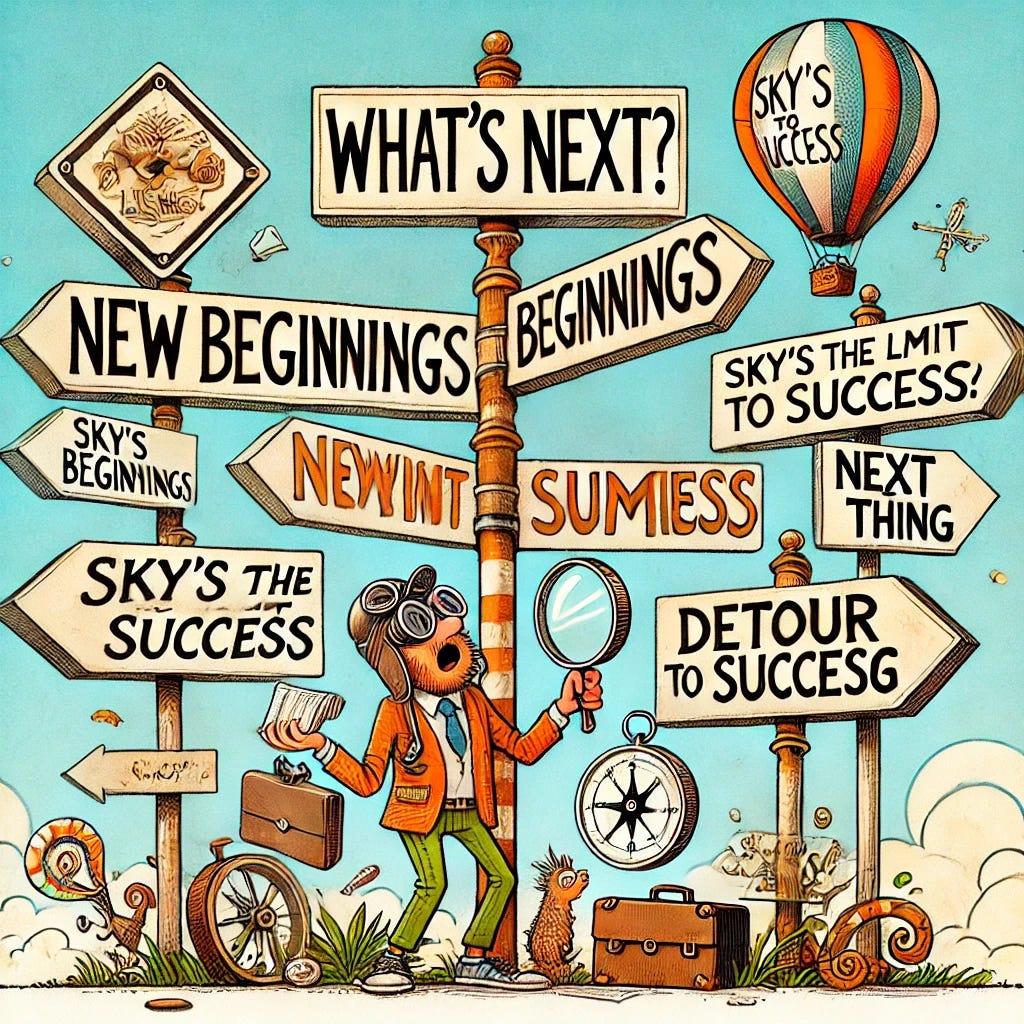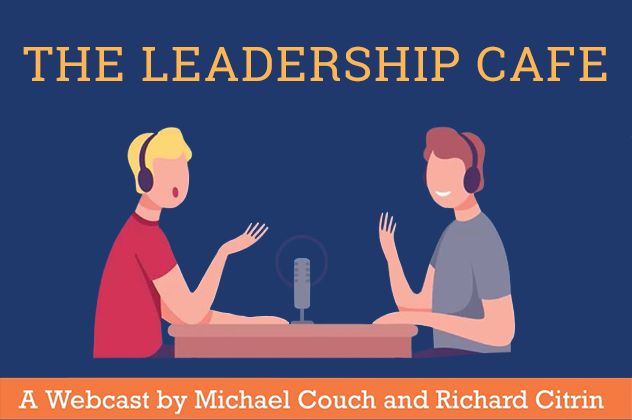
Life thrusts us into the unknown in ways we can’t always anticipate—
—whether through natural disasters, personal challenges, or unexpected changes. For those directly affected, the unknown feels overwhelming and disorienting. For others, watching from afar raises questions: How can I help? How do I prepare? How do I grow?
The journey from the unknown to the known begins with small but meaningful actions. It’s about facing reality, taking control where you can, and finding growth amid uncertainty. These three steps—Acknowledging Reality, Identifying What You Can Do, and Leaning into Growth—offer a practical framework for navigating life’s challenges.
Taking the Unknown of What’s Next to the Known
A colleague recently pointed out that the firestorms in California have a long-lasting impact similar to 9/11. Recovery will take years if not decades.
While I have distant relatives in the area and have seen countless stories shared on social media, I can’t truly comprehend what it’s like to lose everything to a wildfire. For those who have lost their homes, the future is a daunting question mark.
Many of us view disasters like Hurricane Helene in Asheville, record-breaking tornadoes across the country, or the wildfires in Los Angeles as distant, unimaginable events. But with climate change, even “safe” places are being reshaped. Last year, Pittsburgh—where I live—saw a record number of tornadoes, one of which touched

down just across the river from my house. And who would imagine a firestorm ripping through an urban neighborhood like Pacific Palisades?
In The Wall Street Journal, Robert Kerbeck shared a harrowing account of the 2025 Palisades Fire. Years ago, after moving to Malibu, his neighbor warned him, “You’re going to have to fight a wildfire one day to save this house.” Kerbeck never imagined that would come true, but in the 2018 Woolsey Fire, his preparation—spraying fire retardant and clearing brush—saved his home while nearly every other house on his street burned.
Not everyone is so fortunate. Last week, his neighbor’s childhood home, filled with family heirlooms, was destroyed in the Palisades Fire because no one was there to prepare it. Kerbeck’s descriptions of families sifting through the rubble, hoping to find something salvageable, vividly capture the heartbreak. For most, there’s nothing left to save.
His story reminds us that natural disasters are not as distant as they seem. Their ripple effects—emotional, physical, and environmental—impact entire communities, leaving people with profound grief and uncertainty, not just physical losses.
Attending to the Unknown
For those of us watching from afar, how do we support others while managing our emotions—our fears, gratitude, and even helplessness?
Researchers like Michelle Riba from the University of Michigan emphasize that recovery starts with the basics: shelter, food, clothing, and emotional support. Even small gestures, like donating or posting a kind note on social media, can make a meaningful difference.
However, watching these tragedies can also trigger “bystander trauma.” Even from a distance, the intensity of these events can stir old wounds or create new anxieties. I’ve noticed this with friends and family who repeatedly discuss the fires or struggle with disrupted sleep.
Acknowledging our reactions to these events is only the first step. The real challenge is transforming that awareness into action. Focus and deliberate steps can help us shift from feeling overwhelmed to making a tangible difference.
Moving from the Unknown to the Known
This year, my Word of the Year is “attention.” Strengthening my ability to focus—to truly see and respond to what’s happening around me—feels more important now than ever. Attention is the first step to moving from the unknown to the known.
Those directly affected by disasters are thrust into the unknown. For the rest of us, the unknown might involve questions about how to help or prepare for the unexpected.
Here are three steps to help make that shift:
- Acknowledge the Reality
It’s tempting to think, “This couldn’t happen to me.” Facing the possibility head-on helps us prepare. Discuss with your family what a tragedy might mean in your neighborhood. - Identify What You Can Do
Focus on what you can control. Donate, volunteer, or observe how others react and learn from their experiences. This week, I sent our daughter-in-law a list of steps to prepare her home for an emergency evacuation. - Lean Into Growth
Every unknown offers an opportunity to grow. For me, that means building my attentional muscle. For others, it might mean finding new ways to cope or simply taking life one day at a time.
What’s Next for You?
As I build my attentional muscle, I realize this journey isn’t just about me. Attention is something we can offer ourselves and others. It’s about showing up fully—whether helping someone in need, reflecting on what’s happening, or preparing for what’s ahead.
So, as you think about your What’s Next, ask yourself:
- What matters most?
- What small step can you take today to make progress?
- How can you use your strengths to prepare for what’s ahead?
You May Agree or Not Agree
I received a note on last week’s blog from Linda, a long-time reader. She wrote:
“I think you are ‘perfect’ just as you are; Mr. Rogers would agree. You are always looking for ways to improve on what already is a ‘damn nice guy.’“
While I appreciated the compliment, I told her there was nothing wrong with being a “damn nice guy,” but it felt underwhelming as a legacy. Imagine a gravestone that says, “Yeah, Papa Rich, he was a damn nice guy.” Kind, sure—but forgettable.
Linda reminded me of Jimmy Carter, a “damn nice guy” who built an extraordinary legacy. His kindness led to a Nobel Peace Prize and building over 4,300 homes with Habitat for Humanity.
Being nice is a foundation, not a conclusion.
This realization sparks a bigger question: What do we want our legacy to be? Regardless of age or stage, legacy is about how we live now.
I know little about my great-grandparents beyond their names and that they lived in Ukraine and Russia. Their essence, stories, and values are lost to time. While my books, articles, and online musings may linger in a virtual archive, the values I embody and the connections I make will fade.
Life is brief, but we get to make choices that ripple outward. Not every choice lands you a Nobel Peace Prize, but small, meaningful actions shape lives.
For me, that means continuing to ask: What’s next? Not just for me but for those I care about and the world I’m part of. Because if being a “damn nice guy” is the starting point, then what’s next can be extraordinary.
When Life’s Crossroads Leave You Wondering: What’s Next?

Life’s crossroads: where every direction promises adventure, confusion, and a great story. What’s Next is all about—helping you navigate those signs with clarity, confidence, and maybe even a little humor!
Richard
© Richard Citrin, 2025

